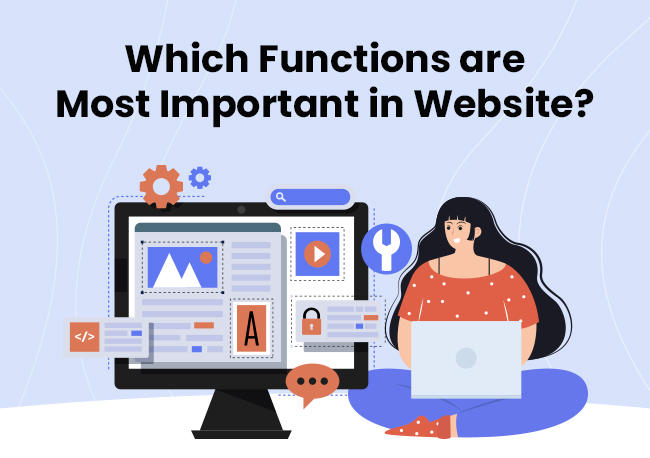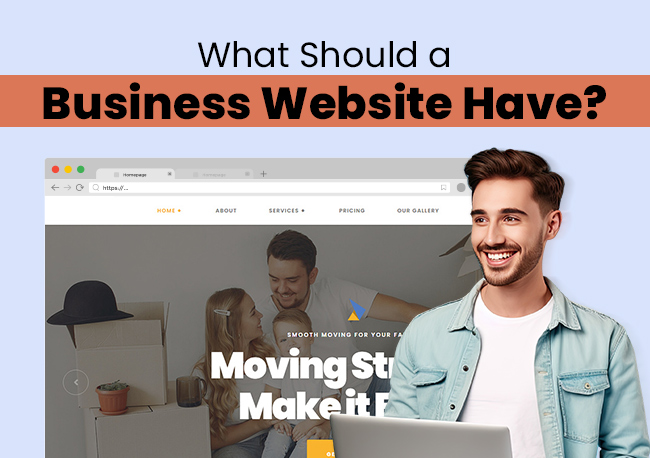In this era of options and alternatives, where there are several alternatives available for one thing, people don’t like to wait much. They will switch to alternatives if you make them wait long. That’s why it’s very necessary to have a website that loads faster, is always uptime, shows very little or no error, and provides a very good overall user experience.
According to reports more than 50 percent of people back out from sites that take more than 3 seconds to load. And a lot of people don’t go back to the sites which delivered a poor user experience in the first place. In short, for every drawback in your website’s performance, your business or image suffers. And that places the need to optimize your website in the first place.
Also Read: Website Development Checklist To Help Create Your First Website
What is Website Optimization?
To optimize means to make changes in something in order to make it more effective or productive. So website optimization simply means making a few changes in the website that can help it perform better.
In a bit more technical language, website optimization is to do calculated experiments with the website, with the aim to increase its performance and help it deliver a better user experience.
Also Read: 9 Popular Types Of Websites
Why you should optimize your website?
Before proceeding towards the tips, let’s have a look at the need to optimize the website i.e. why you should optimize your website.
An optimized website earns more traffic
Website optimization also involves SEO optimization which eventually helps your site perform better in the search list and invites more traffic. More traffic means more viewers and more viewers means better business or better marketing of product/skills.
Quicker loading time
Optimization helps your site deliver a better or quicker loading time. As more than 50 percent of people leave the site that takes 3 or more than 3 seconds to load, better loading time helps you retain your customers or viewers. Also, no one likes to wait much. So a better loading time reflects a positive image of your brand/company.
Better User Experience
An optimized website provides a better experience to users that make users want to revisit the site. A site with a bad user experience is often rejected by the user and the user doesn’t want to revisit it again. Better user experience later leads to an increased number of customers or viewers which is beneficial for both business and personal websites.
In a way, by optimizing your website you are making it easy for the users to navigate through your site and view it completely.
Also Read: Ways To Optimize Your WordPress Website For Speed
How to optimize your Website?
There are several things that can help you optimize your website. Let’s have a look at a few basic tips for a high performing website –
Balance text and Images
Your website should not be all text and should not be all images. A good website always has a balance of both. Text renders faster than Images and that’s why you can prefer text but the visual form of anything helps users to understand that better. Also, the text helps in SEO.
So, find a balance and make your site look more attractive and yet easy to load.
Choice of Images
If your website contains images or pictures, then you must be careful with the size and format of the images. The larger the size of the images will be, the longer it will take to load from the user end. So make sure your images are clear but not too large in size. Select the format of images according to the vacant space available on your webpage. Make sure to not to make it too crowded or to leave it too vacant.
Also Read: Importance Of Mobile-Friendly Website & How Do You Make It?
Choose a better host
If you are facing issues related to loading time, uptime of the site, or if you are having fewer features offered from your host then you might consider changing your host and moving on to a better one. It’s very important to have a very good web hosting provider. It will help your website optimization process to be simple and will improve your website’s performance to a greater extent.
Reduce HTTP requests
When you visit a website, your browser sends requests (HTTP requests) to the website server to load files. The server then sends all the files needed to load the website and then you are able to view the site. So here we got to know that the lesser the number of requests, the quicker the site will load.
So reducing HTTP requests helps your site load quicker and you can reduce the requests by combining CSS and Javascript. In non-technical language, you can also do that by reducing the number of elements present in your site and reducing their sizes.
Also Read: Best Practices To Secure Your Website
Enable browser caching
When you visit a site for the first time, the site elements are stored in your device in form of cache or temporary data. When you revisit the site, the browser doesn’t need to send HTTP requests now and can load your site with much ease because of the data stored. So, enable browser caching to help users load your site faster the second time.
Benefits You Avail By Optimizing Your Website
Though we have already discussed the benefits you will receive after optimizing your website, but let me pull your focus to the most important one and that is faster speed or quicker loading time. A major part of a website’s performance depends upon the loading time. More than 80 percent of people back out from the site that takes more than 5 seconds to load.
So, no matter how great your site is, a lot of people won’t have a look at it because of the delayed loading time and that is why you must make website optimization your priority.
Also Read: Top 5 Reasons Business Owners Need Website Backup
Conclusion
Website optimization simply means making a few changes to your site to increase its performance and make it more user-friendly. An optimized website helps you get more traffic, quicker loading time, and an overall better user experience. Now better user experience leads to better sales or marketing.
Optimizing your site isn’t a bigger deal. With a few basic things such as reducing HTTP requests, balancing text and images on site, working on your SEO and keywords, choosing a better host, and enabling browser caching, you can easily optimize your site for better.
Still, reading? Stop. Go, optimize your site dude!



